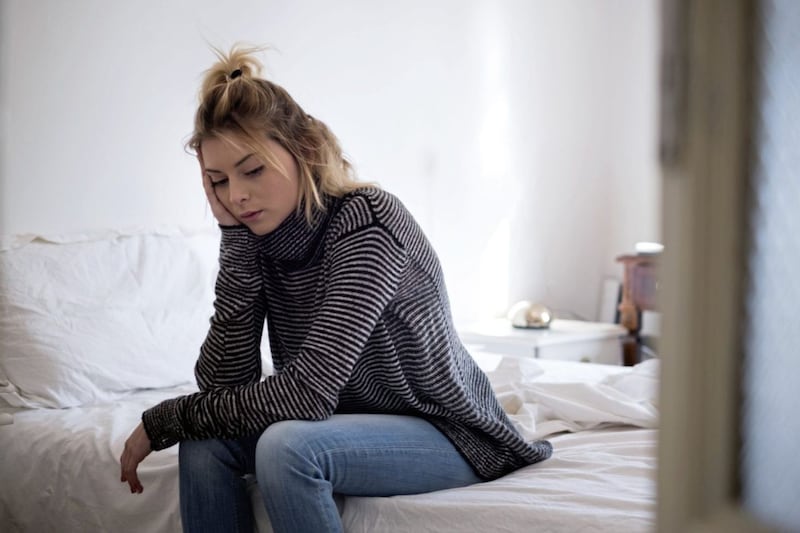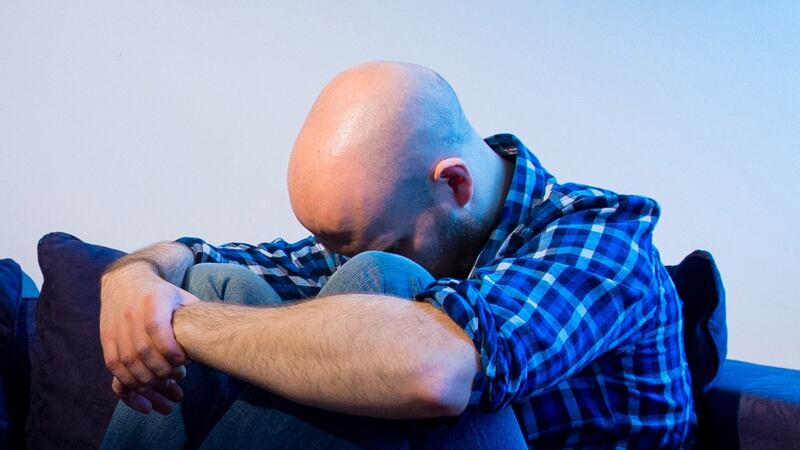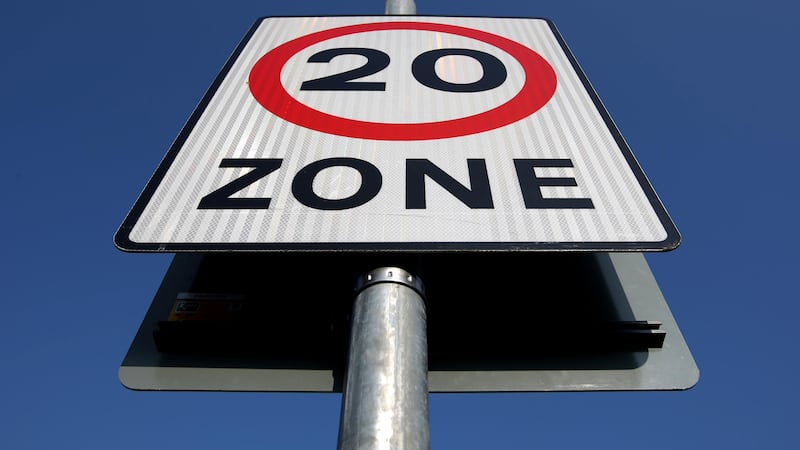There was a spike in the number of people reporting significant levels of depression and anxiety immediately following the lockdown, according to a flash study.
Researchers found that on Tuesday March 24 - the day after Prime Minister Boris Johnson announced the stringent stay-at-home clampdown - 38% of study participants reported significant depression and 36% reported significant anxiety.
This compared with 16% reporting significant depression and 17% reporting significant anxiety the day before the announcement.
[ READ MORE: Pandemic leaves travellers in limbo about summer holiday plansOpens in new window ]
The research, conducted by academics from the University of Sheffield and Ulster University, said this showed a spike in rates of anxiety and depression but this was "not dramatically different" to normal levels.
And, the team said, rates remained elevated later in the week but not as high as immediately after the announcement.
Team leader Professor Bentall, Professor of Clinical Psychology at the University of Sheffield, said: "We were surprised to see a spike in the number of people reporting significant levels of depression and anxiety immediately after the announcement of a lockdown.
"We are seeing initial evidence of a rise in psychological symptoms in the population but, nonetheless, the overall picture that emerges so far is of a nation that is well informed about Covid-19, taking appropriate action and resilient.
"The rates of reported mental health problems are higher but not dramatically different to those observed in previous, similar surveys - but those who have already taken a financial hit are more likely to feel anxious or depressed."

Prof Bentall said that many people are remaining resilient and that almost everyone is following government advice to avoid spreading the virus.
The flash study of 2,000 people between Monday March 23 and Friday March 27 was only announced last week and promised results "within days".
The study did find higher rates of anxiety and depression in those aged under 35, living in a city, living alone or with children, with lower incomes, with health conditions.
Also, those whose incomes had been hit by the pandemic had higher rates of anxiety and depression. It found that 32% of people had already lost income due to the pandemic.
The team found that people have a good understanding of Covid-19 symptoms and how to avoid spreading it and that about 70% would definitely want to be vaccinated, if a vaccine was available.
However, on average people thought their risk of catching the virus in next month was less than 50%.
The team said they will survey the same group again in the coming months.








